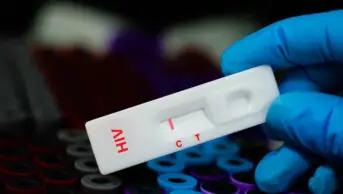Saturday 11 October
2014 marked the 125th
anniversary of the death of the physicist James Prescott Joule. Famous for his research into electricity and thermodynamics, he was born on 24
December 1818 in Salford, Lancashire, into a wealthy brewing family. He was educated at home by private tutors, including for three years from the age of 16, by the eminent Manchester scientist John Dalton. He was fascinated by electricity, and he and his brother’s early experiments included administering electric shocks to both each other, and the family servants.
As an adult Joule managed the brewery and science was merely a serious hobby, carried out in a laboratory in the cellar of his parents’ home. Around 1840, he wondered about the economic advantages of replacing the brewery’s steam engines with the newly invented electric motor. He soon discovered, however, that the cost of the zinc required to power the electric motor, for the amount of work generated, meant that it was cheaper to use steam power by burning coal.
In 1839 he began a series of experiments involving mechanical work, electricity, and heat. He submitted a paper to the Royal Society entitled “On the Production of Heat by Voltaic Electricity”. The paper was given a cool reception, as were subsequent submissions to various leading journals. The problem was that Joule’s theories on heat contradicted the widely accepted “Caloric Theory” introduced by Antoine Lavoisier in 1783, which stated that heat was a “subtle fluid”, an undefined form of matter, which could neither be created nor destroyed, but was transferred in a reversible process. He was further hampered by not being a member of academia, or the engineering profession.
He demonstrated that heat was actually generated by an electric current in the conductor itself, rather than being transferred from another part of the apparatus, as would be the case according to Caloric Theory. He also demonstrated that the temperature of a liquid increased when energy was applied by agitation. His third experiment involved the measurement of the amount of heat generated under a known increase in pressure of a gas.
His conclusion was that heat was in fact a form of energy, and he formulated the Law of Conservation of Energy, which stated that “The total amount of energy in a closed system is constant – it can be transformed from one form to another, but cannot be created or destroyed”. This later became the First Law of Thermodynamics.
His results were obtained by experiments requiring extremely precise measurements, unusual in contemporary experimental physics (he claimed to be able to measure temperatures up to one two-hundredth of a degree Fahrenheit), but his brewing experience gave him access to a variety of practical technologies.
Eventually his work received the support of some influential scientists of the day, notably William Thompson (later Lord Kelvin). Other enthusiastic supporters were Michael Faraday and George Stokes, and he was made a Fellow of the Royal Society in 1850. The SI derived unit for energy is named in Joule’s honour.
He died in Sale, Cheshire, on 11 October 1889, aged 70.

